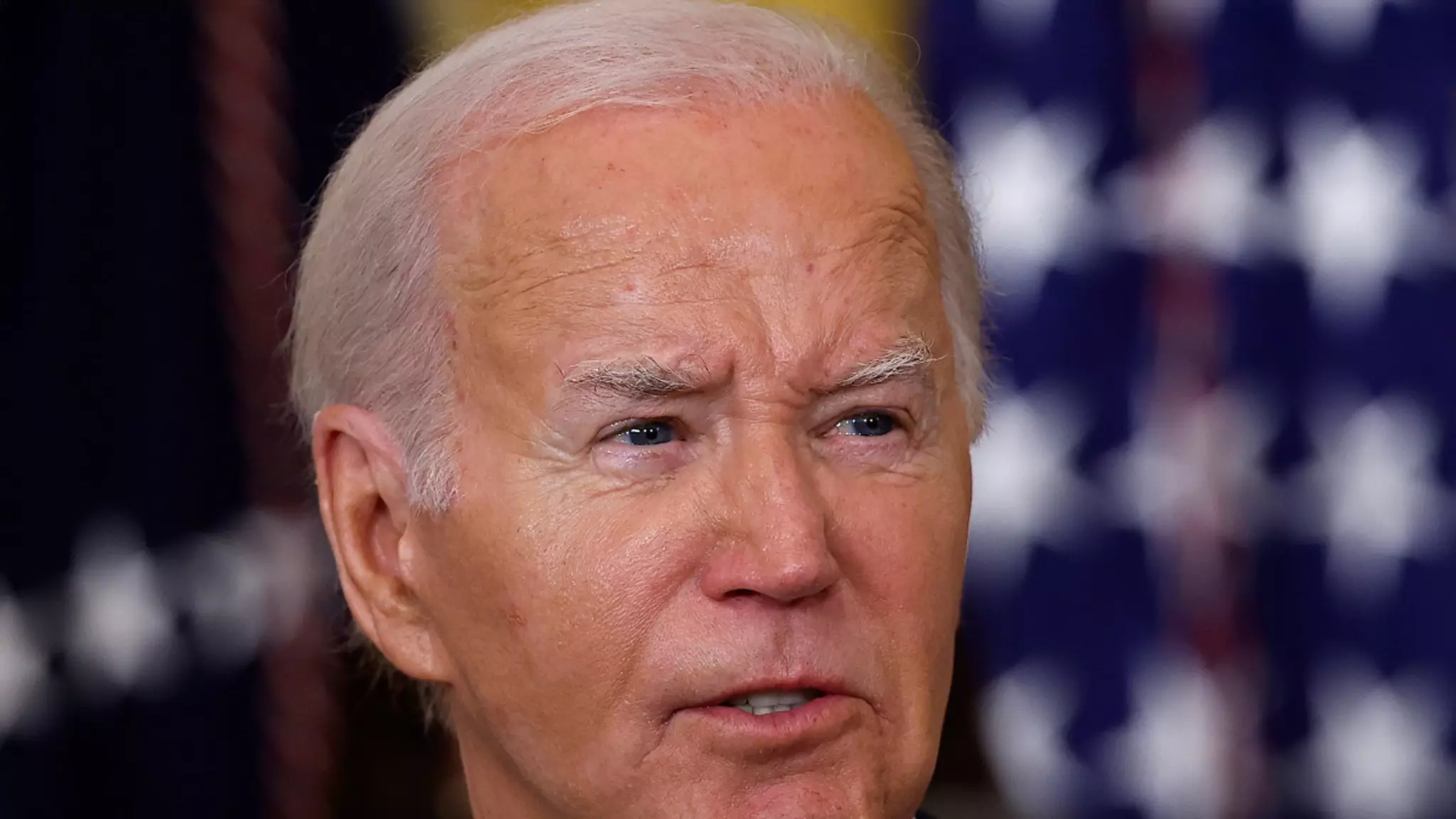The health and vitality of leaders play an instrumental role in their ability to govern effectively. In the case of President Joe Biden, who is currently the oldest president in U.S. history at 82, his physical and cognitive health have become points of intense scrutiny and debate among political analysts, aides, and the public alike. A recent book, “Original Sin,” co-authored by CNN’s Jake Tapper, exposed shocking details behind the scenes of Biden’s 2020 campaign that reveal just how concerned his aides were about his health status. Reports emerged that there were discussions about using a wheelchair for Biden during the campaign, highlighting the extent to which his team struggled to present a robust and vigorous image of their candidate.
Desperate Measures and Political Implications
The consideration of a wheelchair is alarming not just for the implications it carries regarding Biden’s health, but also for the inherent political ramifications of such a decision. It illustrates a desperate attempt to camouflage the physical decline of a leader who is standing for reelection. While age should not define capability, it inevitably raises questions about stamina, agility, and the capacity to withstand the demands of the presidency. Moreover, the fact that aides ultimately deemed a wheelchair to be a “political no-go” underlines the current political climate—one that often prioritizes optics over authenticity. It begs the question: How do we navigate the complex intersection of health, age, and the high-stakes arena of political competition in a society that values both vigor and experience?
Cognitive Challenges and Pressure from Within
Biden’s cognitive abilities also came under significant examination, especially in the wake of his perceived gaffe-driven communication style and moments of apparent forgetfulness. His mental acuity became a point of contention that eventually applied pressure on him to reconsider his candidacy for the 2024 presidential race. Internal party dynamics pushed him towards the possibility of stepping aside for Vice President Kamala Harris—a maneuver fraught with its own array of implications, given the significant weight placed on gender and race in the political sphere today. The pressure for Biden to remain a steadfast symbol of Democratic strength even while grappling with health issues encapsulates the tension between personal limitations and public expectations.
Health Complications and Their Broader Impact
In addition to the visible struggles of age, Biden’s recent medical evaluations—such as checks for a small prostate nodule—serve as reminders of the fragility of health and how it intersects with political endurance. As these health issues come to light, both supporters and opponents will undoubtedly analyze not only the potential implications for Biden’s administration, but also for the broader social narrative surrounding aging leadership in America. The complexities of Biden’s health issues should compel us to reflect on who we choose to lead and the necessary criteria for leadership in the modern political landscape.
As the political narrative unfolds, the interplay between Biden’s age, health, and the expectations of the electorate could well redefine not only his presidency but also future candidacies, urging a critical reevaluation of how we perceive age and capability in political leadership.

